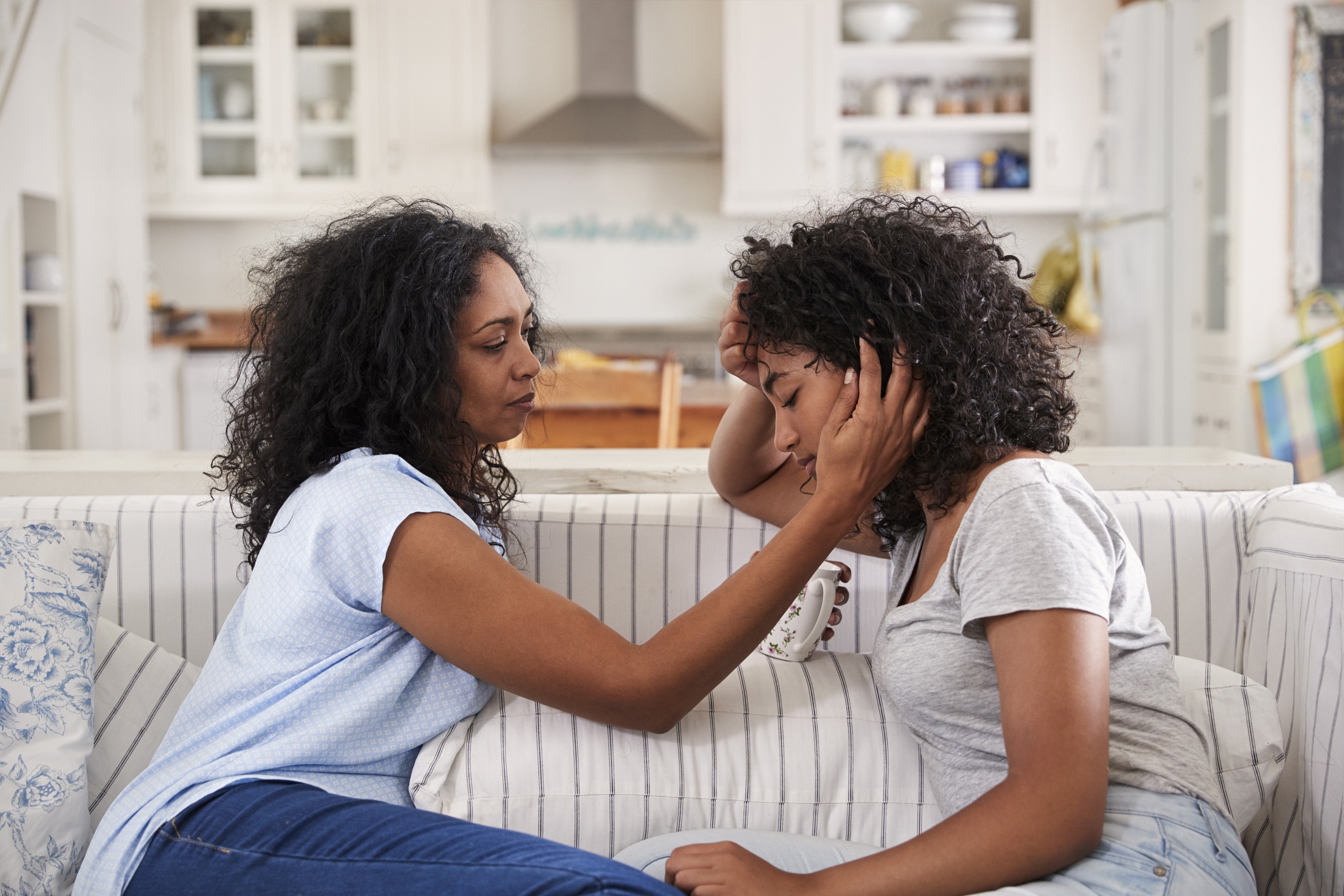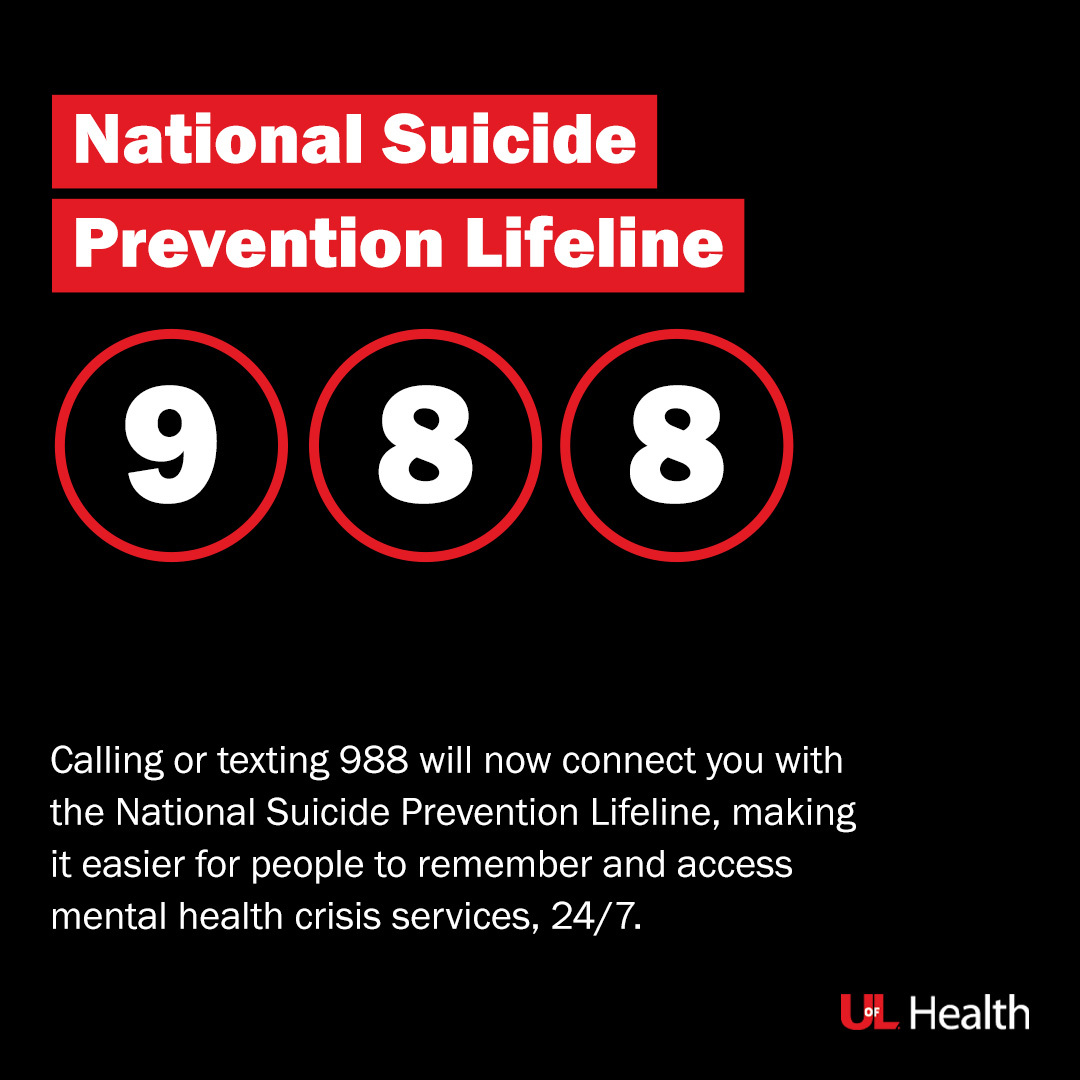
Over the last two years, mental health has become a hot topic of discussion. While the stigma surrounding mental health issues is slowly diminishing, people are struggling with issues like anxiety and depression more than ever before.
From 2000 to 2018, suicide rates rose by 30% and saw a small decline in the years 2019 and 2020. While suicide is among the top nine leading causes of death for ages 10 to 64, it is the second leading cause of death for people 10 to 14 and 25 to 34.
These age groups experience dramatic changes physically, emotionally and environmentally. On the younger end of the spectrum, children are growing into their adolescence, experiencing new hormones and emotions, attending new schools and navigating social situations. In the mid to late twenties, many people are attempting to establish their life, family and career, and may feel the social pressures of having it all together.
Prevalence of mental health issues and suicide can vary depending on several factors, in addition to age. For example, veterans, people who live in rural areas and workers in manual labor industries have higher rates of suicide. Additionally, young people who identify as part of the LGBTQ+ community have significantly higher rates of suicide, suicidal ideation and mental health issues than young people who identify as heterosexual.
As we emerge from the COVID-19 pandemic, we now have a clearer image of how people handled long-term isolation physically and socially. The United States saw sustained levels of suicide amid the global health crisis, and scientists worry about mental health as many lives develop a “new normal,” pushing people out of their comfort zones once again.
Now, the number 9-8-8 can be used nationally to route callers to the National Suicide Prevention Lifeline. Users can call or text the three-digit dialing code to reach a trained counselor and connect to local resources, if necessary. These counselors work to make people feel heard, understand how their problems are affecting them and provide support.
If you or someone you know is struggling with mental illness or suicidal thoughts, our licensed therapists at UofL Health – Peace Hospital may be able to help. We offer no cost level-of-care assessments 24 hours a day, 7 days a week. In the event of an emergency, dial 911 or drive to the closest emergency room for assistance.

Find Your Peace Podcast – Episode 7: The Troubling Statistics About Teen Mental Health









